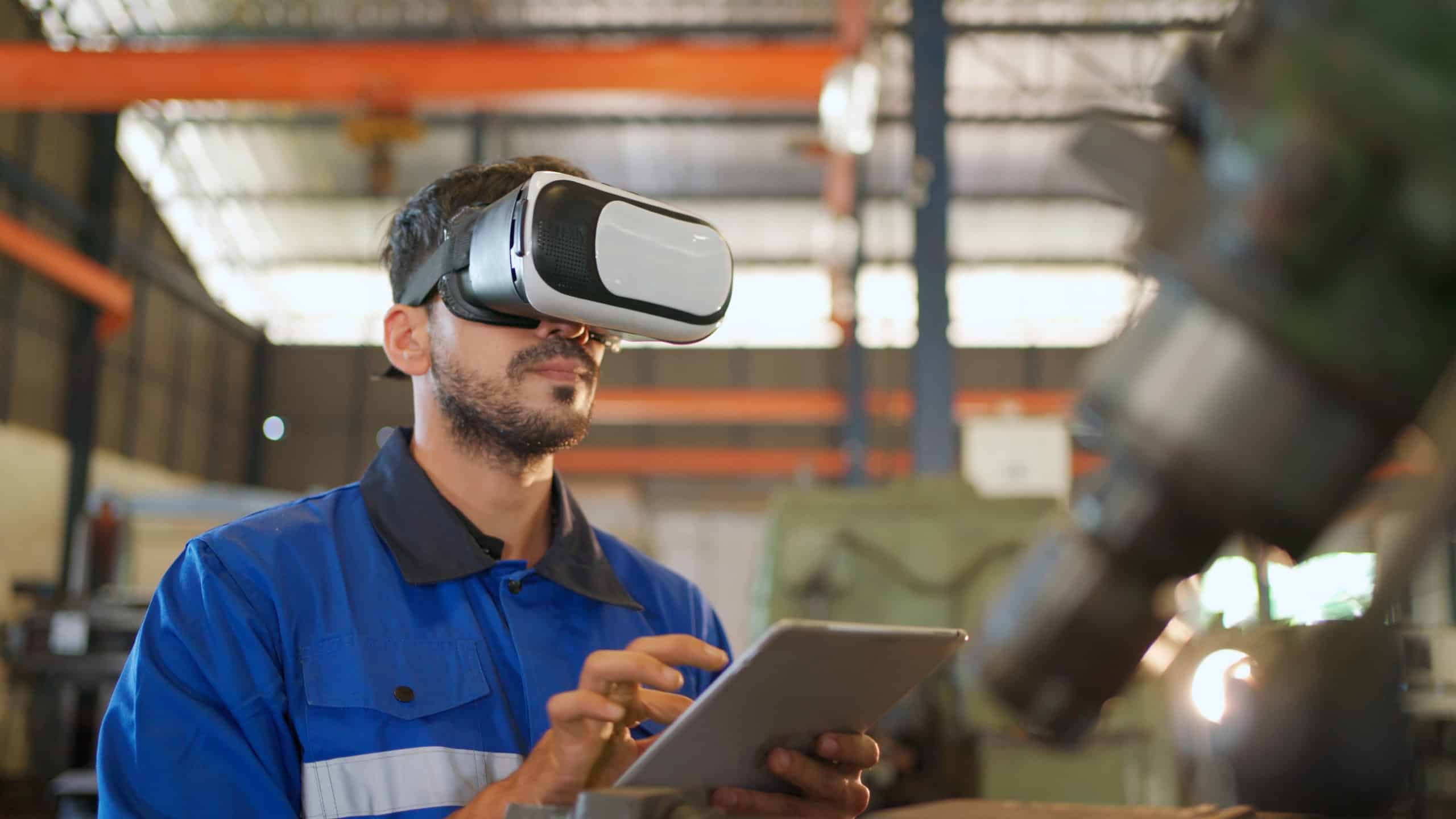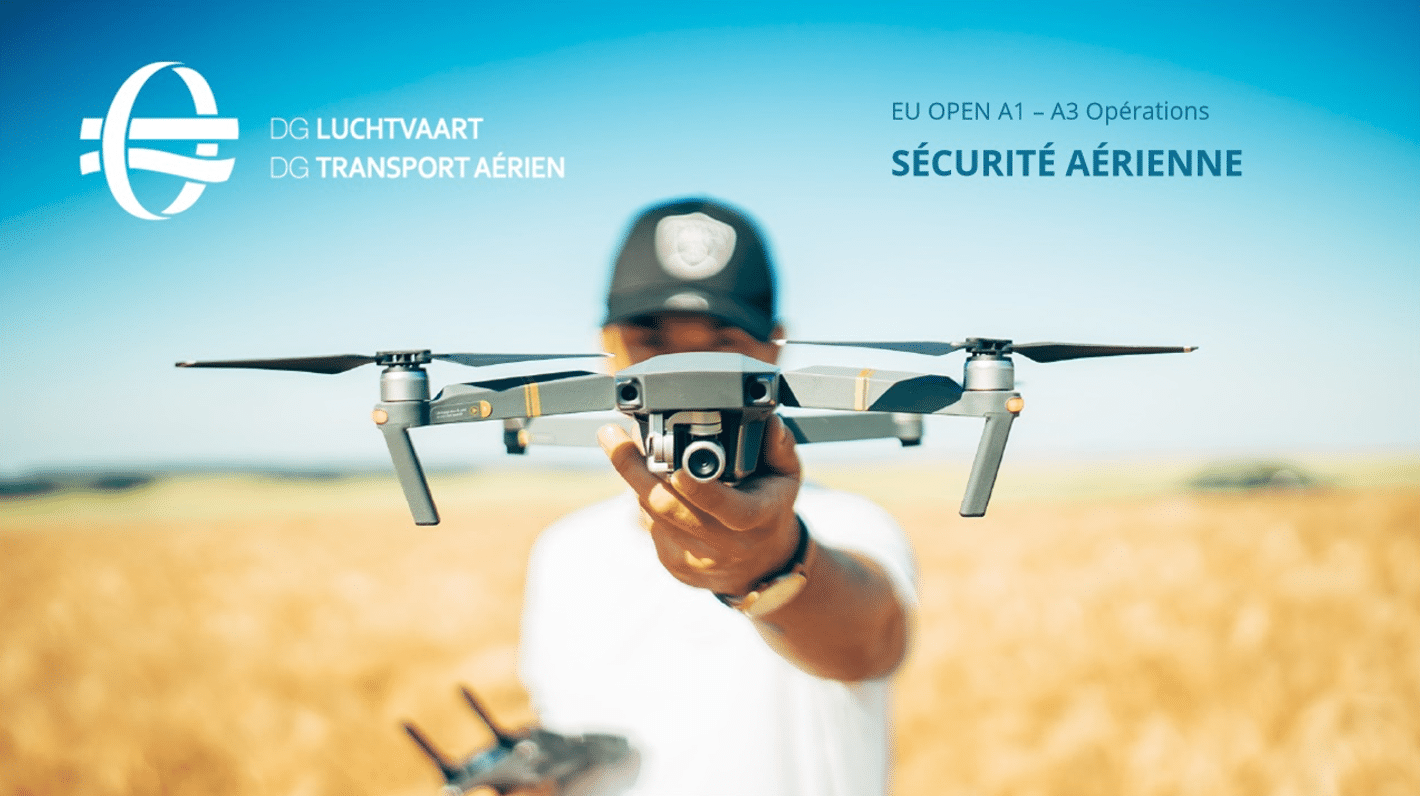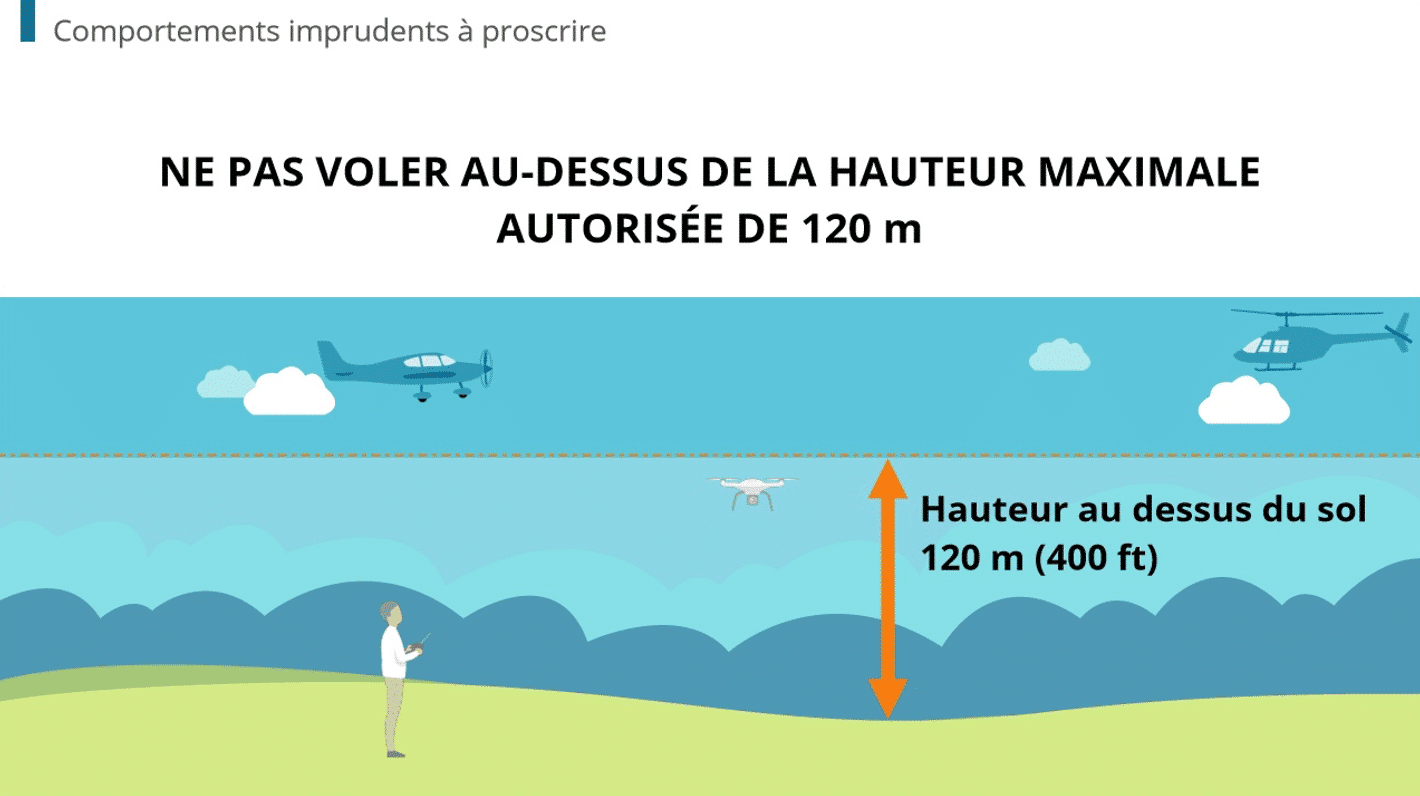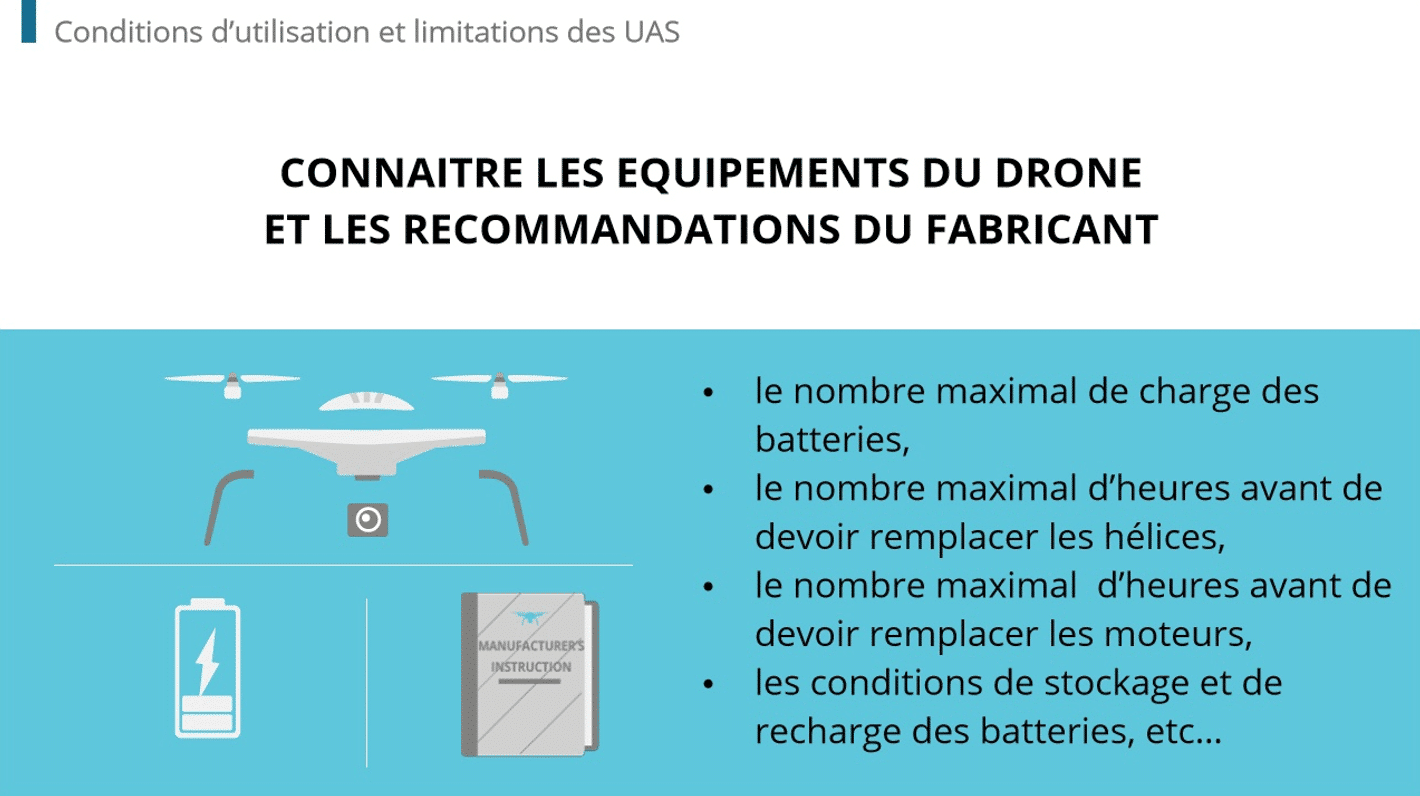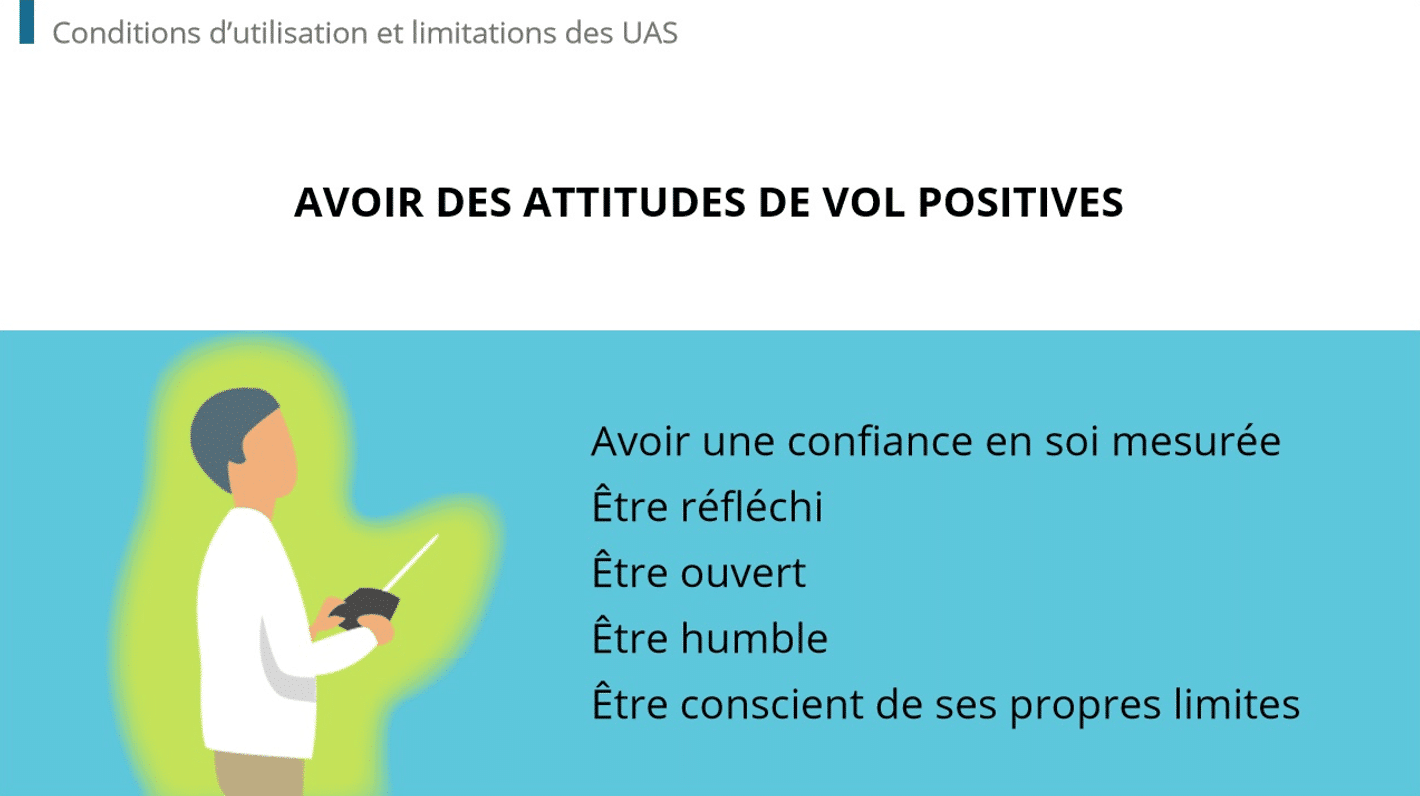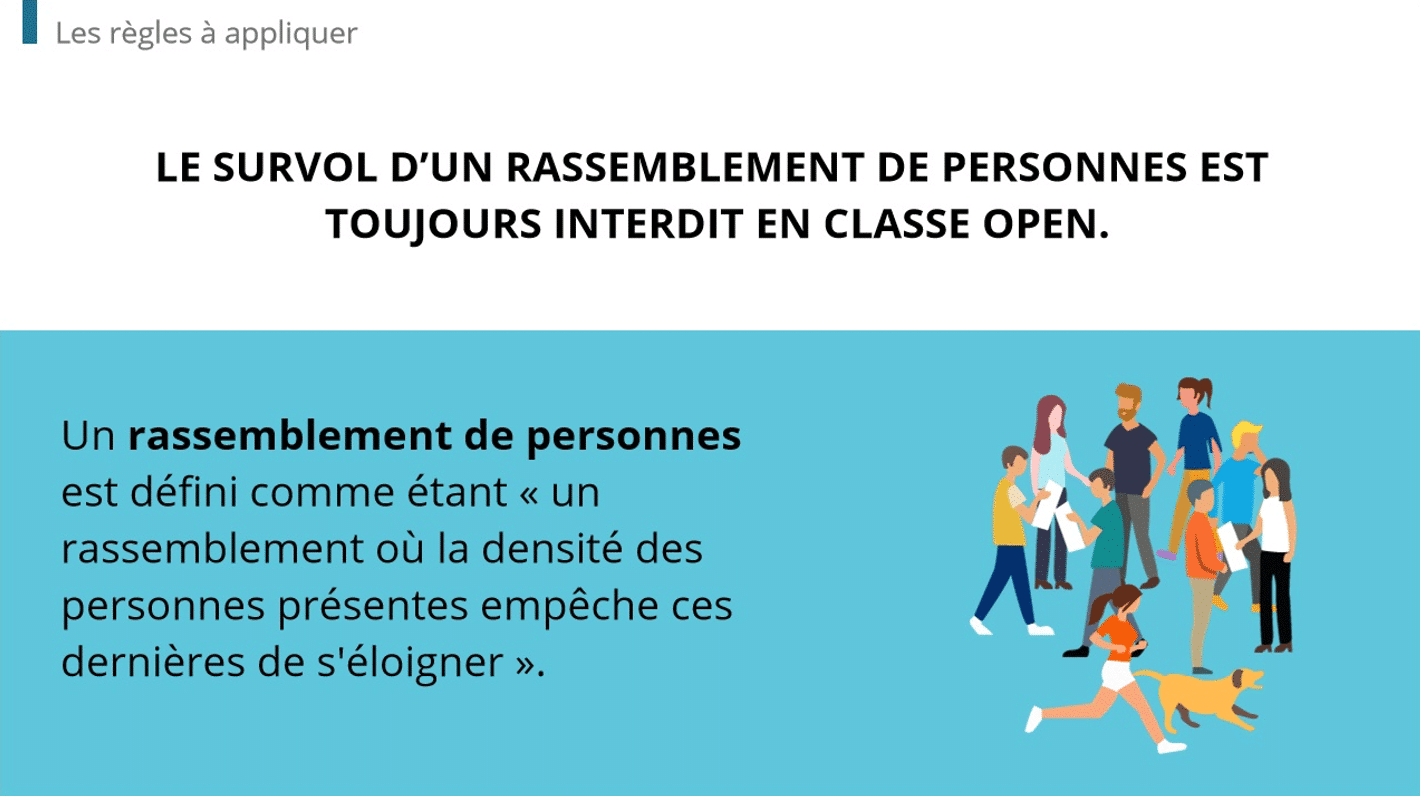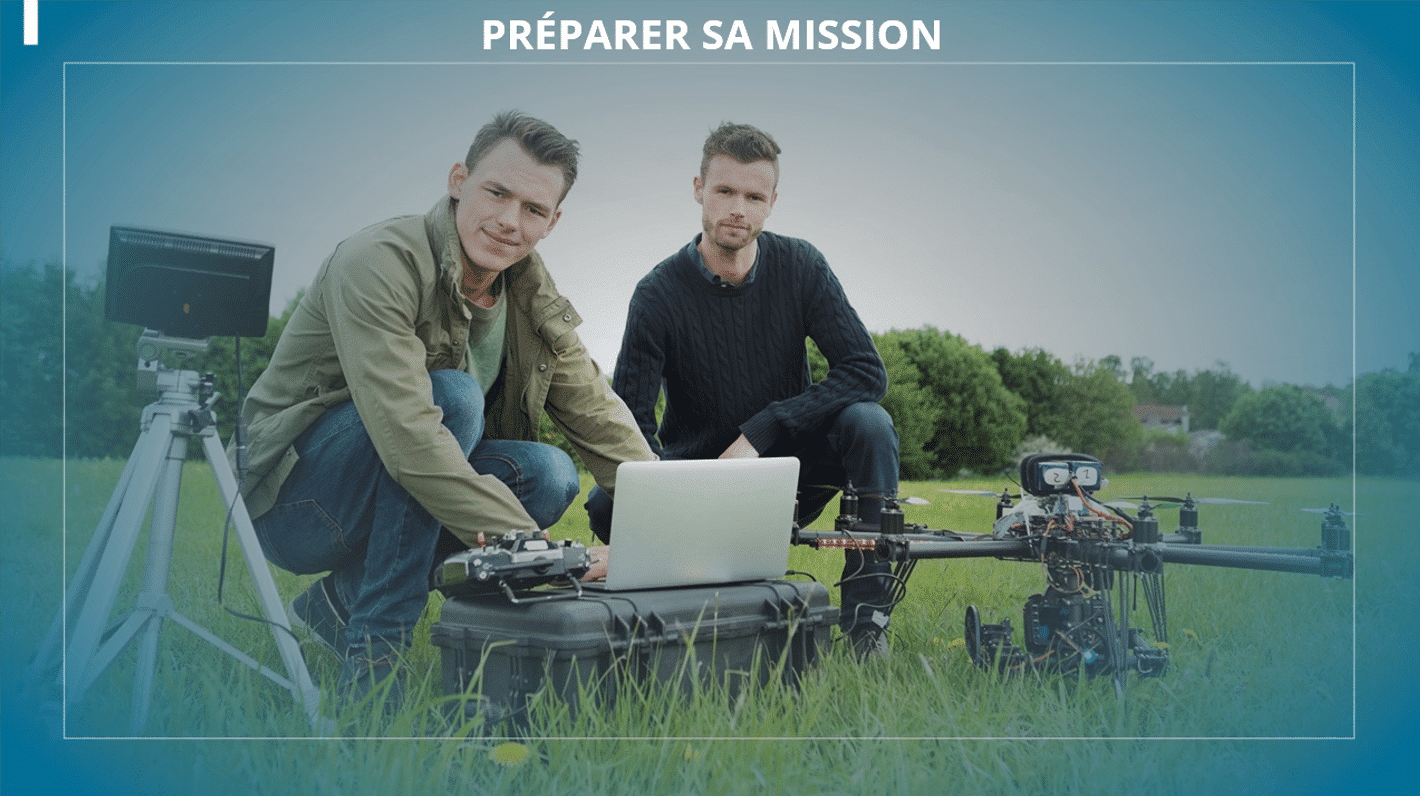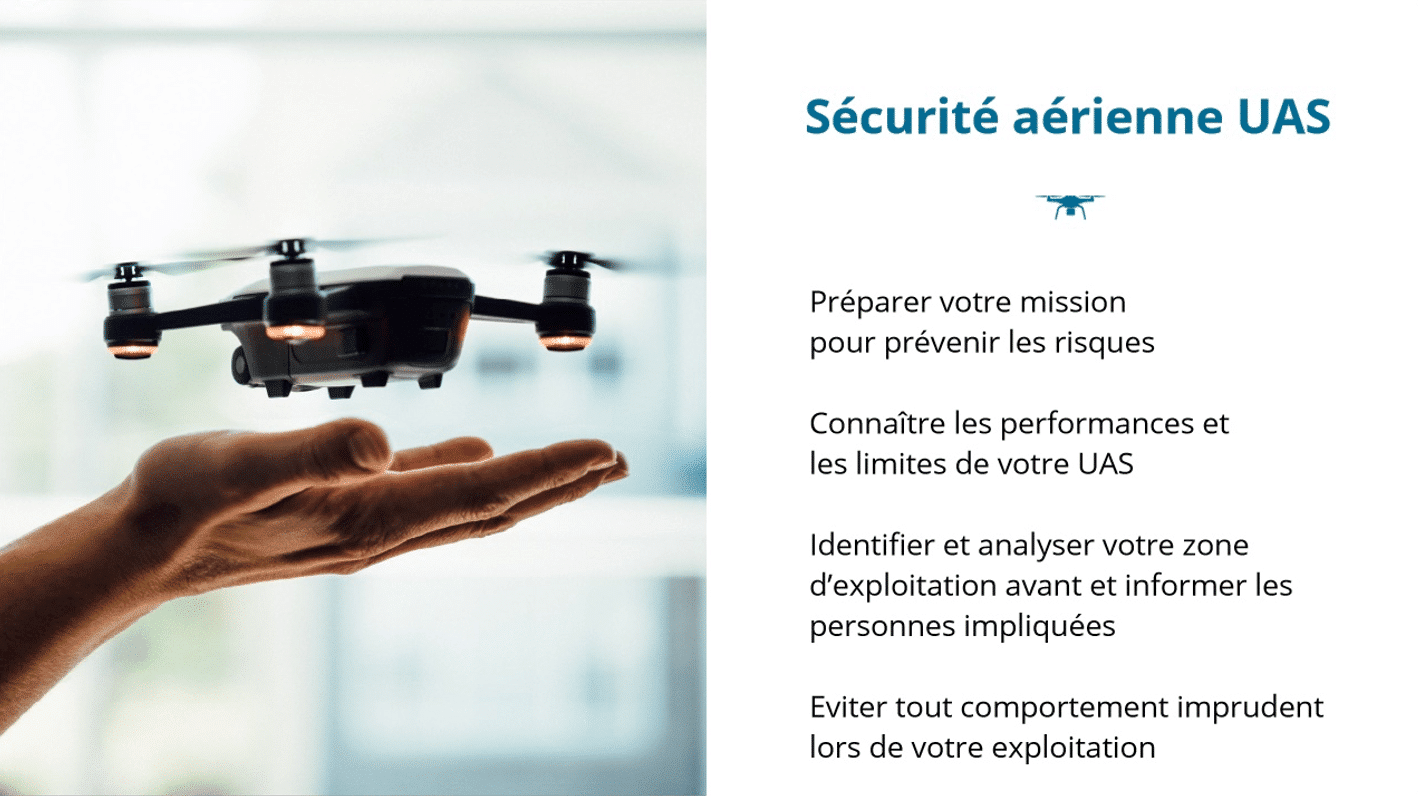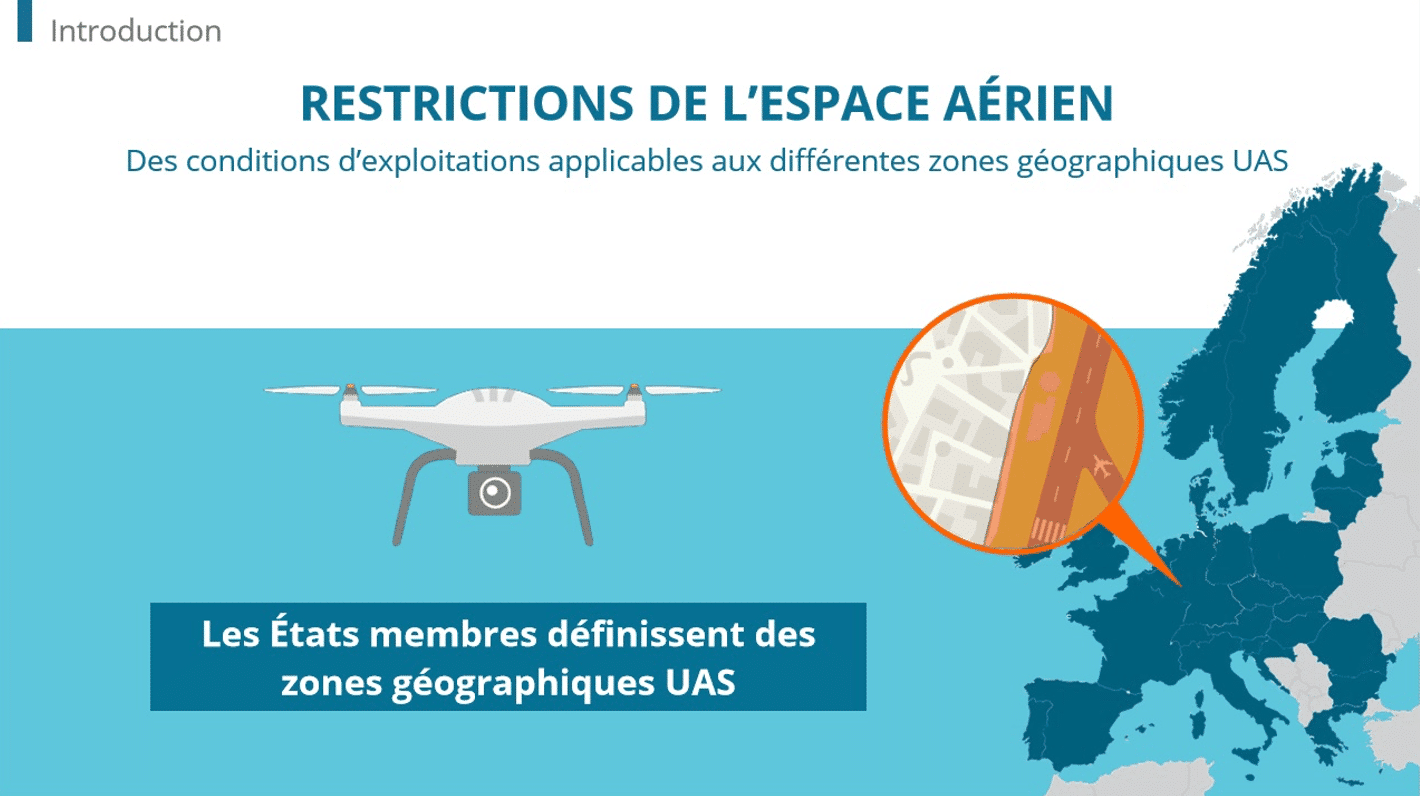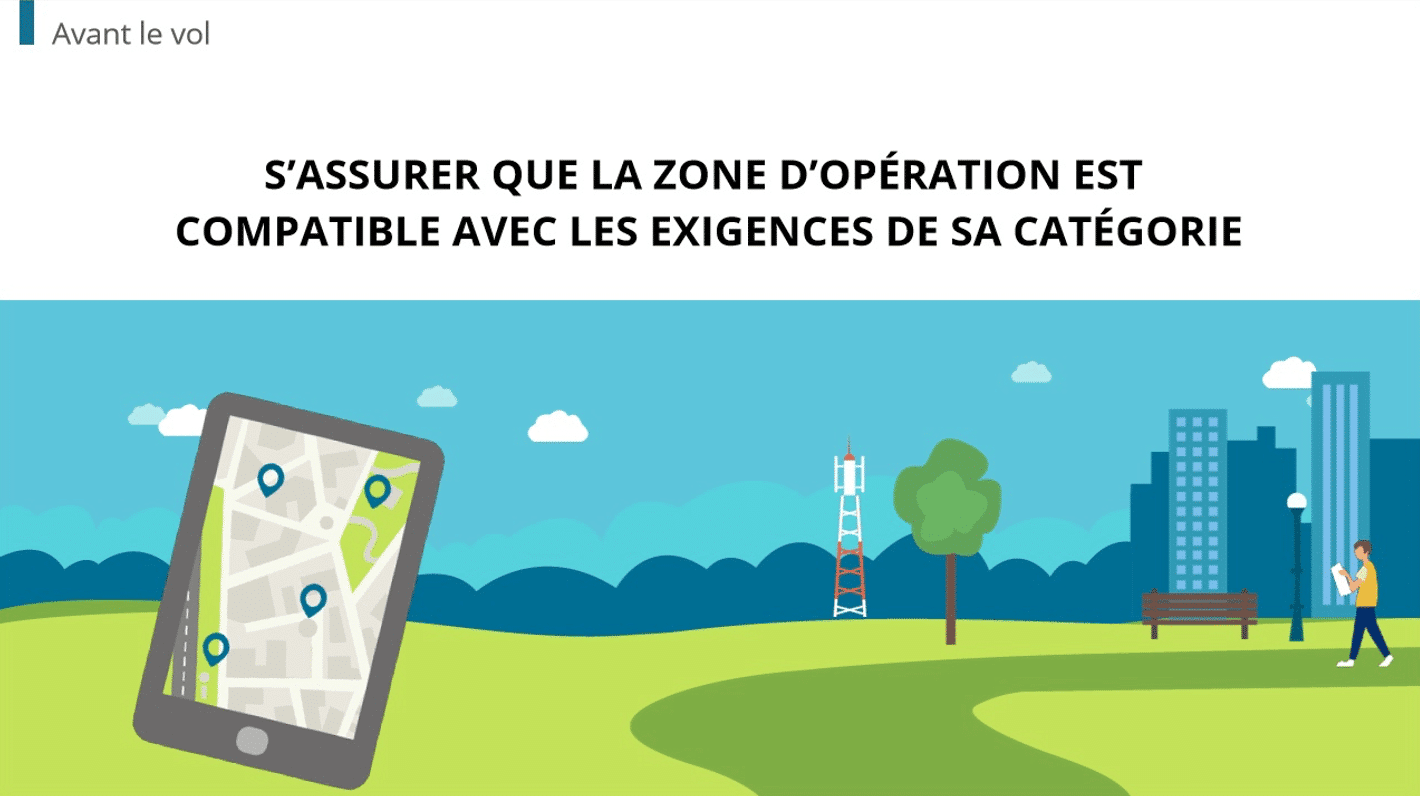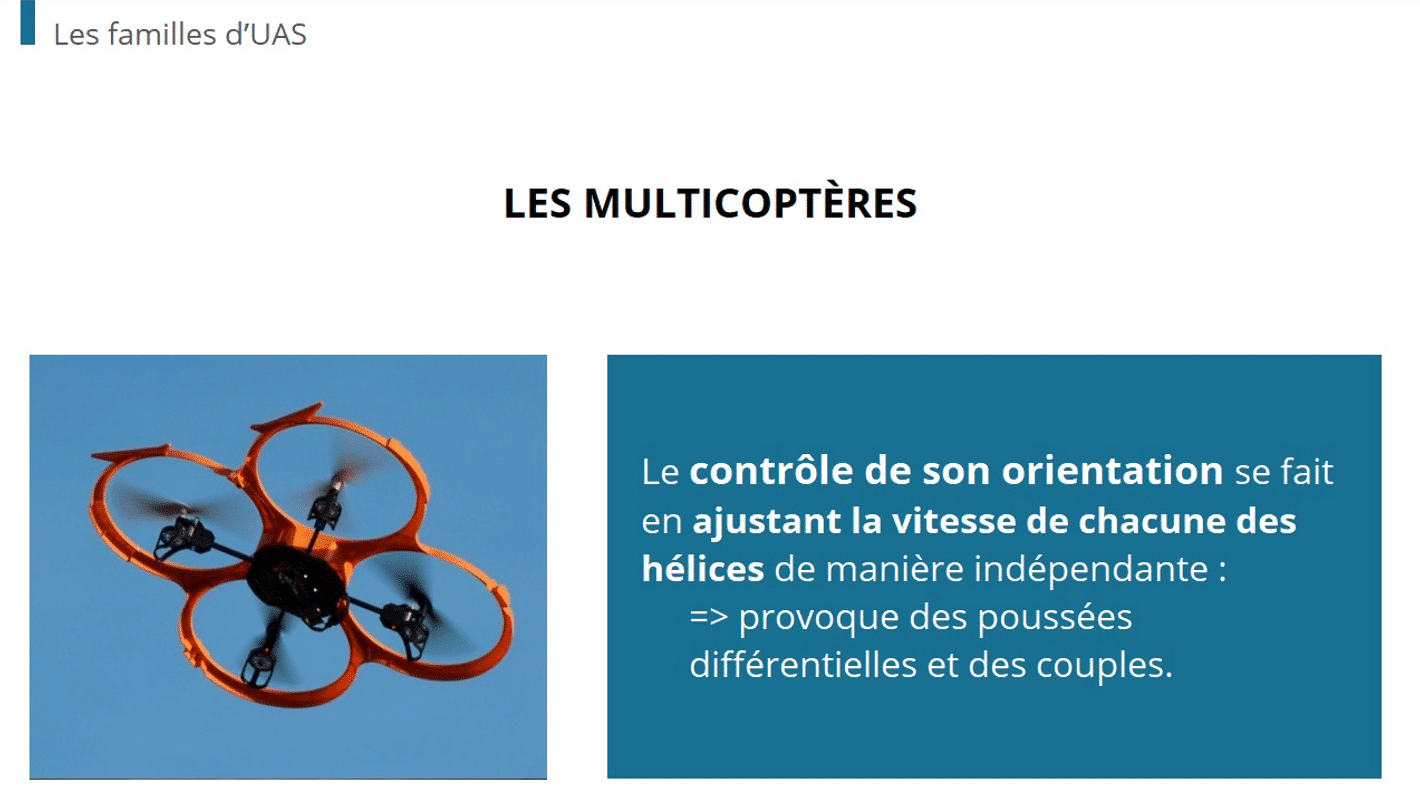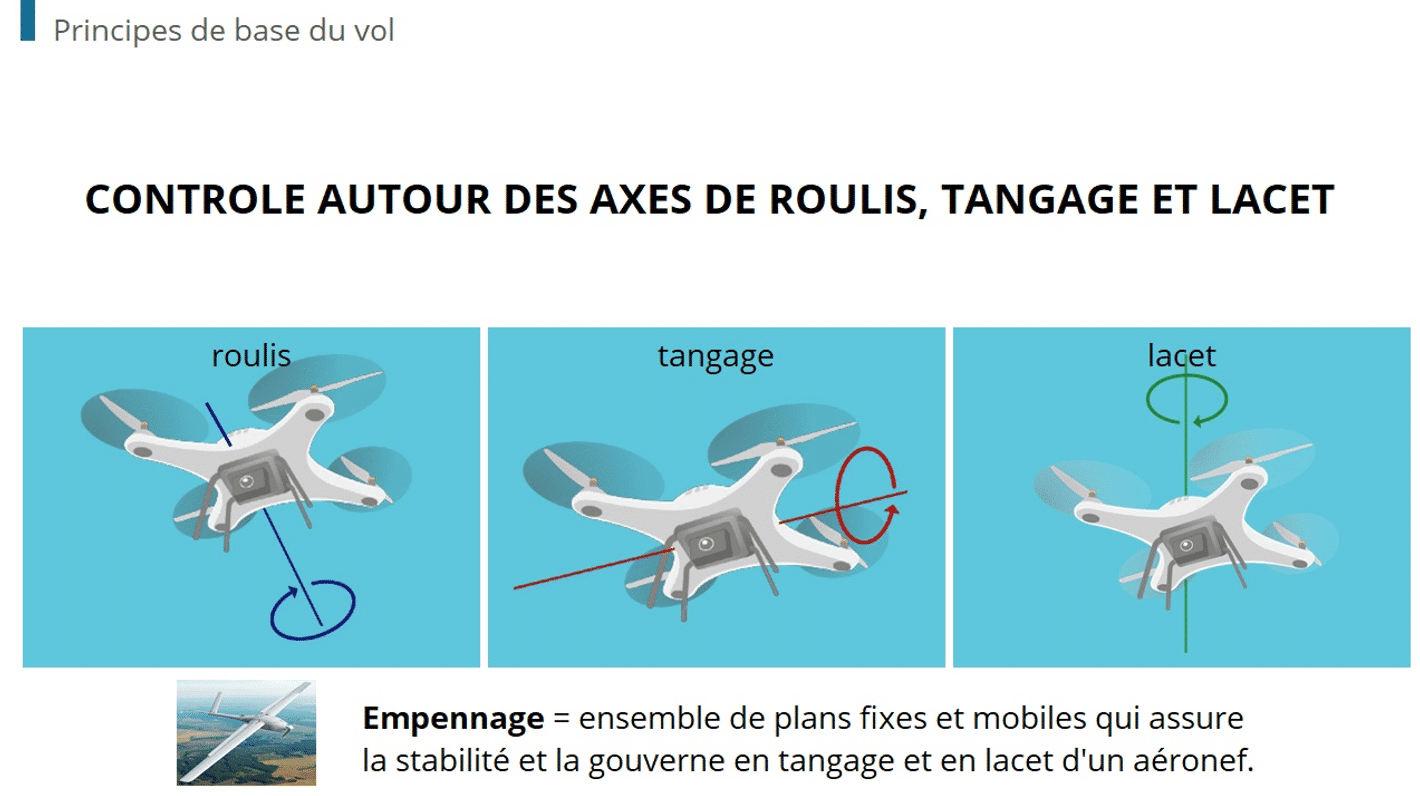Launched in October 2022, the Meta Quest Pro is a high-end virtual reality headset designed for professionals. In particular, it could be used to reproduce high-risk situations: personnel safety, surgical procedures, the fight against sexual harassment. Some of your company’s staff may be tomorrow’s leaders. Fostering their skills requires a combination of education and on-the-job experience. With the former, there’s more to it than just reading a textbook and completing a short quiz. Leadership development in the corporate sphere requires knowledge learned in a deep sensory and immersive environment. With Dokeos LMS, develop your employees’ skills through rich and dynamic immersive learning modalities.
Immersive learning defined
Immersive learning refers to learning that simulates real-world workplace scenarios, albeit in a virtual environment. The idea is to put learners in hypothetical scenarios that they’re expected to encounter on the job. Webinars, demonstrations, and role-play are common immersive learning tools.
How is immersive learning good for competency development?
Immersive learning promotes learning retention because it mimics what workers may experience in their day-to-day jobs. This elicits the senses, making immersive education an effective form of sensory learning. One study reported in Forbes found that immersive learning improved memory retention by 75%. In another study from Stanford University and Denmark’s Technical University, students receiving training via virtual reality simulations improved cognitive learning by 76% over traditional learning models.
How LMS promotes immersive learning
What is the role of learning management systems in immersive learning? E-learning platforms like Dokeos provide virtual tools and features for immersive experiences for HR, sales teams, product development, etc. Here’s a look at how modern LMSs shape competency development in the corporate sector across industries.
Learn through trial and error without consequence
A key advantage of immersive learning is the ability to make mistakes and learn from them, minus the ramifications. For example, role-play sessions in a virtual environment can train corporate employees on conduct and etiquette when interacting with stakeholders. It’s better that they make mistakes with instructors role-playing as VIP members. This is far more preferable than learning on the job where the same mistake can cost sponsorships and investor loyalty, or lead to reputational harm.
Cost-effective training
Virtual training environments are historically more cost-effective compared to traditional in-house training. According to Computers Informatics Nursing Journal, hospital evacuation training via virtual simulation over a three-year period incurred a cost of $115.43 per trainee, versus $229.79 per trainee in a physical environment using life-sized mannequins as props.
Realistic learning in a remote environment
With E-learning, training in an immersive environment is always available, even when in-house training may not be feasible. This was most apparent during the COVID-19 pandemic with shelter-in-place measures enforced nation- and global-wide. Employees can remain sharp and work-ready through simulated courses with real-time instructor feedback.
Training in response to company/industry trends
Immersive learning can be arranged on short notice to tackle real-time issues, such as sales decline, loyalty drop-off, or increased bounce rates. Impromptu training can be organized remotely without the time and expense of traveling, organizing a brick-and-mortar classroom, printing worksheets, etc.
LMS best practices for immersive learning planning
LMSs can be a major game-changer in continued employee education and competency development. Consider these best practices for optimal results.
Link to business objectives
First, define your goals and KPIs. For instance, if the goal is to increase customer service ratings, use that as the blueprint for establishing training modules. Immersive learning can include scenarios involving direct HR/customer interaction through mock scenarios where varying situations are presented (e.g. customers threatening to cancel or demanding to talk to the manager).
Incorporate non-immersive approaches
Learning by doing is highly critical, but so are more traditional textbook approaches. Combine immersive learning with reading, lectures, homework, and post-reading quizzes. Rote learning has its place when paired with hands-on and sensory approaches.
Peer feedback
Virtual hands-on learning can be individually or group-based. Regardless, learners not actively participating can view other learner sessions in real-time. By evaluating their peers’ performance, they can gain valuable insight and learn novel ways of approach they may haven’t thought of otherwise Peers can also provide qualitative feedback along with suggestions or comments on how they may have approached the same mockup scenario.
Follow-up and individual action plans
Create performance-based follow-up segments. For example, if a learner had difficulty interacting with mock uncooperative customers, then follow-ups can incorporate additional scenes involving difficult and uncompromising clients. This effectively gauges how well learners respond under pressure and adapt to the less-appealing aspects of the job description.
Record Sessions with play-by-play feedback
Some learners may be squeamish about watching a recording of their own performance. However, much can be learned from watching oneself from a third perspective. The instructor can provide pauses with commentary as part of the feedback and evaluation.
Integrate immersive learning into your competency development with Dokeos LMS
There’s immense value in learning by doing, and even more so in doing it in a safe environment where one can learn from mistakes and receive immediate feedback. Our LMS makes it simple to create diverse ways of immersive experiences using virtual/augmented reality, 360-degree film, and video-generated content. Give your employees the hands-on training to propel their education and make them your industry’s future leaders. Begin with a Dokeos free trial!

